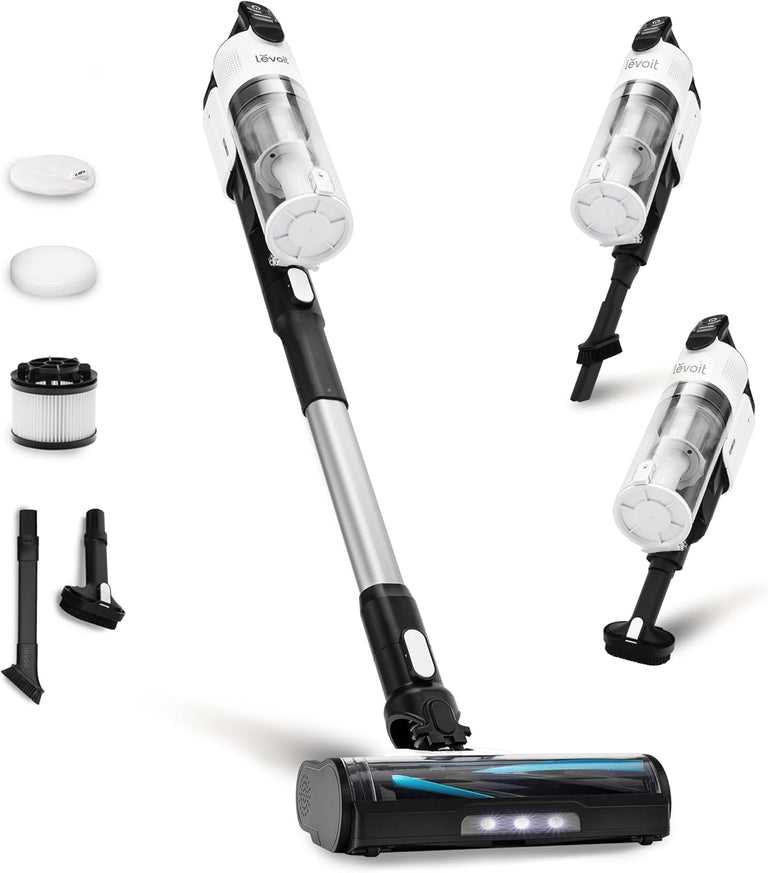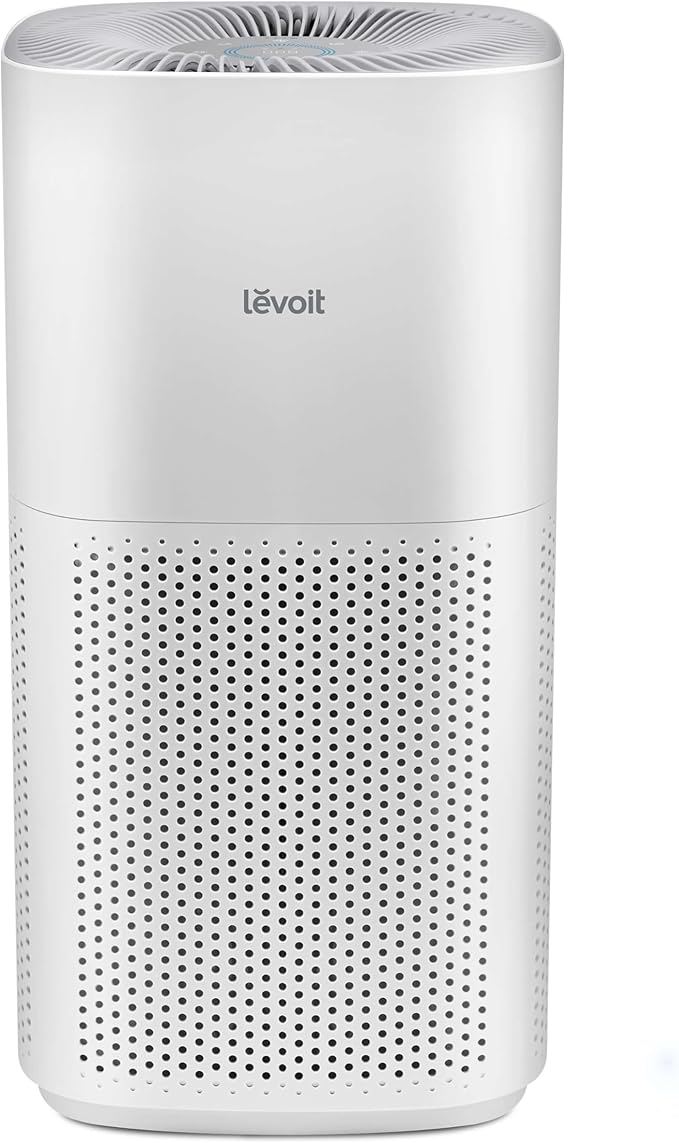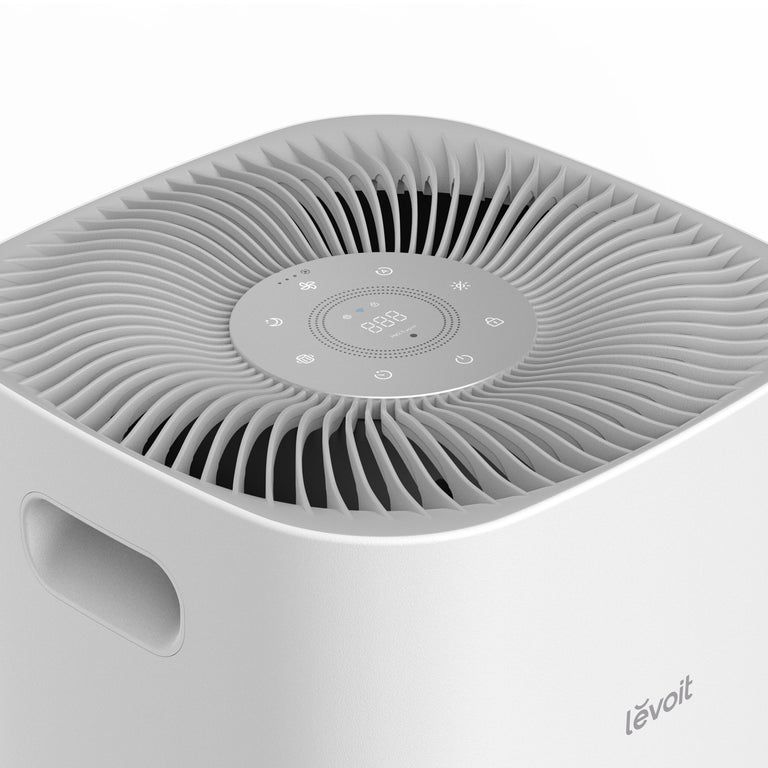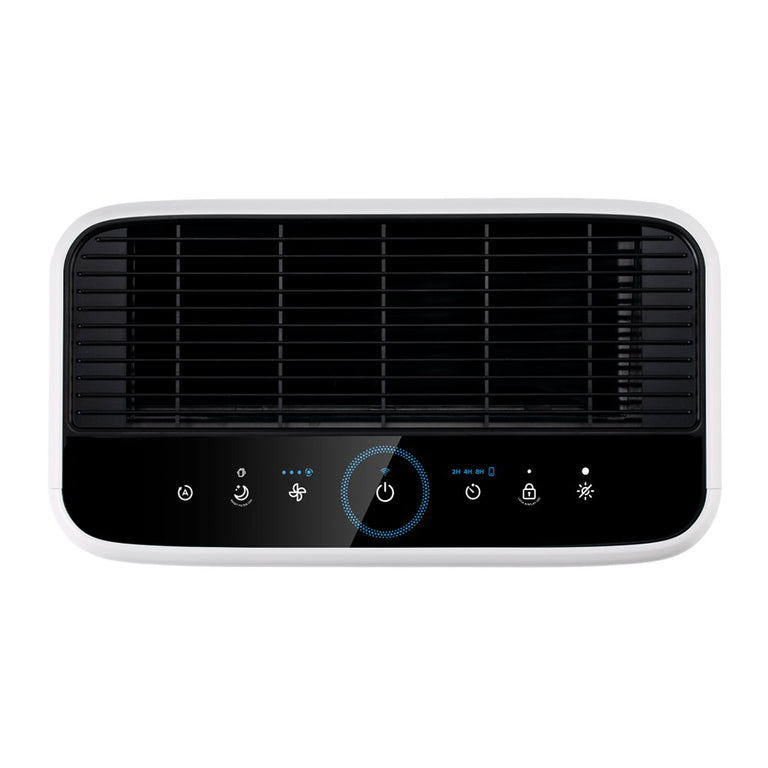
Tips to Promote Better Sleep for Kids
-
1 min read
We’ve all witnessed the infamous meltdown that happens when a kid needs a nap—sleep is essential for growing tots. Here’s a breakdown of sleep and a few helpful tidbits to help you set your kid up for success.
Understanding the Stages of Sleep
As we sleep, we go through sleep cycles. Here’s the breakdown of a full cycle:
Light Sleep
At this stage, we’re half-awake, half-asleep. This is the briefest stage, lasting about 1–5 minutes and taking up about 5% of the sleep cycle.
Deeper Sleep
If you’ve got a chronic teeth-grinder on your hands, this stage is where it happens. This stage lasts about 25 minutes at first and lengthens with each repeating cycle, eventually taking up about 45% of the sleep cycle.
Deepest Non-REM Sleep
This is the stage where sleepwalking, bedwetting, or night terrors may occur, and it’s also the most difficult stage from which to be awakened. Taking up 25% of the sleep cycle, this stage lasts about 20–40 minutes.
REM Sleep
Here, we reach the final 25% of the sleep cycle. It’s not deeply restful and often plays host to dreams and nightmares. It will usually last about 10 minutes in the first cycle, eventually lasting up to an hour in the final cycle before waking.
How Much Sleep Do We Need?
According to the CDC, here’s the recommended amount of sleep for each age group:
Toddler (1–2 years): 11–14 hours
Preschool (3–5 years): 10–13 hours
Elementary (6–12 years): 9–12 hours
Teens (13–17 years): 8–10 hours
Adults (18–60 years): 7+ hours
Elders (61–64 years): 7–9 hours
Seniors (65+ years): 7–8 hours
Tips for Better Sleep
Parental instincts are strong; we all want what’s best for our little ones. Here are some ways to set them up for successful sleep:
Sleep Schedule
Create a routine so they’re consistently going to bed and waking up at the same times every day.
Humidifier
Add refreshing humidity and a touch of fragrance from diffused essential oils with the Dual 200S.
No Screens
Turn off electrical devices at least 30 minutes before bedtime.
Playtime
Make sure your kids are getting regular exercise during the day.
Air Purifier
An air purifier traps fine airborne contaminants and can help neutralize household odors. Set one up in your kid’s bedroom to filter the air while they sleep. The Vital 100S can be pushed up against the wall, leaving plenty of play space, and can be remotely controlled through your phone. If you’re short on floor space, the Core Mini makes the perfect addition to a small nightstand.
White Noise
The low hum of an air purifier or nature sounds can help create an ambient setting for sleep.
Sources
Physiology, Sleep Stages - StatPearls - NCBI Bookshelf (nih.gov)
National Institute of Environmental Health Sciences: Allergens (nih.gov)
Featured Products
-
Best SellerRegular price $54.99Unit price perRegular price
- Smart
- 1 Gallon
-
Regular price $139.99Unit price perRegular price
$139.99$139.99- Smart
- Medium rooms
-
Best Seller
- Small rooms











